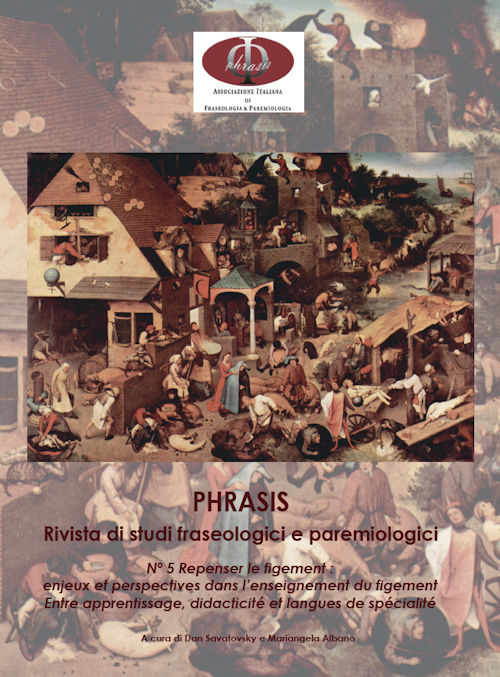La jerga del béisbol como herramienta discursiva en la política venezolana: el caso de Hugo Chávez
Abstract
It is usual in Venezuela that politicians exploit the use of phraseological units (PU) related to baseball (a major sport), to establish affective relationships of different types between their potential voters and their potential adversaries. Hugo Chávez (1999-2013) stands out for having used these expressions as discursive tools during his career as President of Venezuela. Starting from a corpus of electoral campaign speeches containing PU used by him and mostly formed with the lexicon of baseball jargon, we present a study with two objectives: i) to analyze the nature of these units (in context and co-text), based on the concepts of variationist sociolinguistics; and ii) to explain, considering the sense of these units, the pragmatic –and political– aims that the enunciator seems to pursue with them. Our analysis shows, in summary, the way in which Hugo Chávez creates close emotional bondings with his followers and a controversial relationship of rejection and distancing from his political adversaries through the aforementioned PU.
Downloads
References
ÁLVAREZ, Alexandra y CHUMACEIRO, Irma, (2012), “Insulto e intolerancia: La confrontación en el macro diálogo político”, en: BARROS, Diana Luisa. (org.). Preconceito e intolerância: reflexões linguístico-discursivas. São Paulo: Editora Mackenzie, 137-176.
AUSTIN, John Langshaw, (1962), How to Do Things with Words, Cambridge / Massachusetts, Harvard University Press.
BARRERA TYSZKA, Alberto y MARCANO, Cristina, (2006), Hugo Chávez sin uniforme: una historia personal, Caracas, Debate.
BLAS ARROYO, José Luis, (2005). Sociolingüística del español: desarrollos y perspectivas en el estudio de la lengua española en contexto social, Madrid, Cátedra.
BOLÍVAR, Adriana, (2018), Political Discourse As Dialogue: A Latin American Perspective, Nueva York, Routledge.
BROWN, Penelope y LEVINSON, Stephen, (1987), Politeness: Some Universals in Language Usage, Cambridge, Cambridge University Press.
COLMENARES, Edgar, (1977), Léxico del béisbol en Venezuela, Caracas, Ediciones Centauro.
CONNETT, Ricardo. (2016), Contribución al análisis crítico del discurso político: el Discurso de la lluvia del Presidente venezolano Hugo Rafael Chávez Frías, Zaragoza, Universidad de Zaragoza. Trabajo Fin de Máster incluido en el repositorio de la Facultad de Filosofía y Letras de dicha Universidad: https://zaguan.unizar.es/record/58603?ln=en.
CORPAS, Gloria, (1996), Manual de fraseología española, Madrid, Gredos.
DÍAZ RANGEL, Eleazar y BECERRA MIJARES, Guillermo, (1967), El béisbol en Caracas, Caracas, Edición del Círculo de Periodistas Deportivos.
HAVERKATE, Henk, (1994), La cortesía verbal: estudio pragmalingüístico, Madrid, Gredos.
LABOV, William, (1972), Sociolinguistics patterns, Filadelfia, Pennsylvania University Press.
NIETO Y OTERO, María Jesús, (2002), “La afectividad en la comunicación política”, Opción, 39, 36-53.
SEARLE, John. (1969), Speech acts : an essay in the philosophy of language, Cambridge, Cambridge University Press.
SEARLE, John, (1976), “A Classification of Illocutionary Acts”, Language in Society, 5 (1), 1-23.
Copyright (c) 2022 PHRASIS | Rivista di studi fraseologici e paremiologici

This work is licensed under a Creative Commons Attribution-ShareAlike 4.0 International License.
La rivista è pubblicata sotto licenza Creative Commons Attribution-ShareAlike 4.0 International License.










